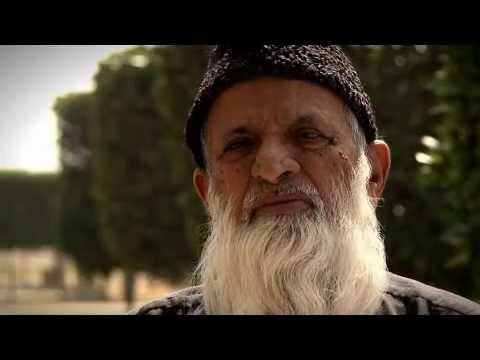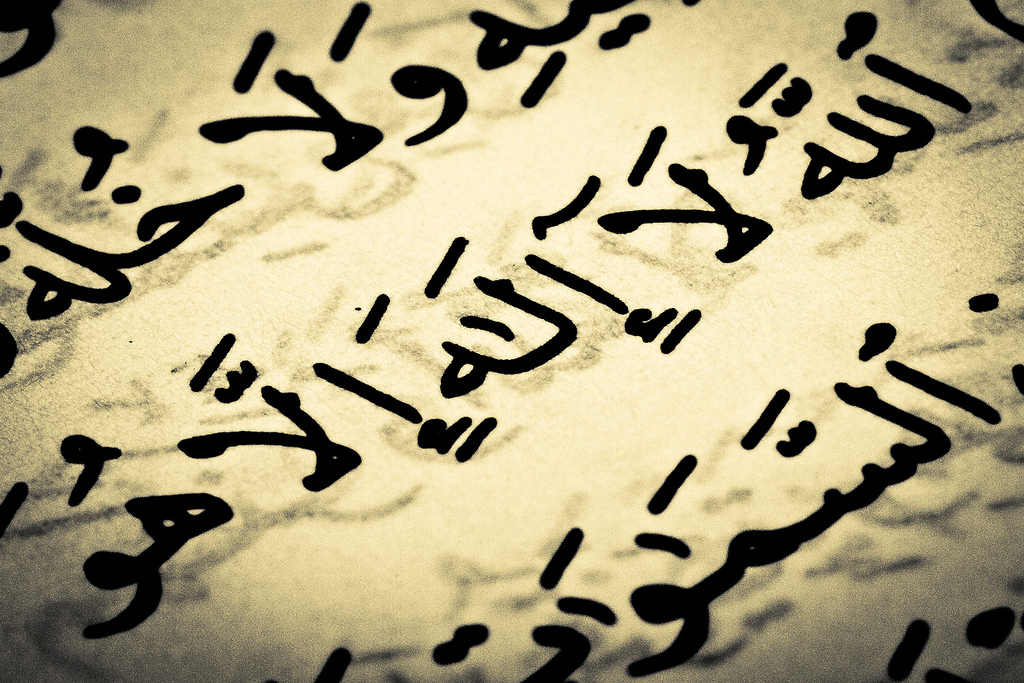At 82 years of age, Abdul Sattar Edhi is not well known outside of South Asia, but in Pakistan he is a living legend. From humble beginnings as a peddler, Edhi has built a massive social service organization with thousands of staff and hundreds of centers dotting his country. In recognition of his work, the government of Pakistan has nominated Edhi for the Nobel Peace Prize. Regardless of whether or not he wins the award, his example is powerful and his message is one we should all take to heart.
After fleeing western India for newly created Pakistan, Edhi’s family found themselves safe from mob violence and ethnic cleansing, but destitute. It was then that the peniless 20-year-old young man began what would become his life’s mission. Edhi’s earliest charity work was with an organization in Karachi that only served members of his own ethnic community. Unable to accept the insular mindset of the organization, he soon quit. With little money of his own, Edhi went to the streets and begged. Eventually he was able to scrounge together enough cash to purchase a van, which he used mostly to retrieve discarded bodies from across Karachi. Edhi recovered cadavers “from rivers, from inside wells, from road sides, accident sites and hospitals… When families forsook them, and authorities threw them away, I picked them up,” he explained in his 1996 autobiography. Edhi treated these rotting, forgotten corpses with a dignity that must have eluded them during life; carefully he washed them and gave them proper burials.
Thanks to Edhi’s tireless work and fundraising, his “poor man’s ambulance” service grew into a full-fledged fleet of vehicles, which in turn blossomed into a network of housing, health, education, and emergency service centers for the poor in cities all over Pakistan. Edhi’s organization provides a critical safety net for the most vulnerable members of society: the poor, the elderly, the handicapped, and the women and children. These are the first people to be sacrificed when families have financial or domestic problems, and every day in Pakistan, they find shelter, food, education, and a caring touch—free of charge—at Abdul Sattar Edhi’s 375 centers. Edhi’s wife, Bilquis, a nurse by profession, manages the organization’s orphanages; the couple and their staff had rescued nearly 35,000 babies by 2011—90 percent are females—and successfully found adoptive families for half of these infants.
Edhi’s work is marked by a spirit of independence. He refuses to align himself with political parties or charasmatic politicians, no matter how much they woo him. His impartiality has its benefits—when
Edhi and his ambulances arrive at the scene of gun battle between police and gangsters or between feuding tribes, fighters on both sides cease fire until bodies are carried into the vans. Once Edhi and his men leave, the shooting resumes. Edhi has long resisted government efforts to fund his organization, and continues to reject funding from foreign NGOs. To collect money, he simply stands by the roadside and waits to receive donations from the people. “Even the poorest man gives me money,” he explains. The credibility of Edhi’s charity centers and the consequent generosity of the Pakistani people allows his organization not only to work domestically, but also to provide disaster relief to countries around the world.
Despite managing an annual income of over 450 million rupees (US $4.96 million), Abdul Sattar Edhi leads a remarkably simple life. He has no house of his own, and instead spends nights at his organization’s centers. He is usually seen wearing a faded and unadorned shalwar kamis—the traditional Pakistani dress of a knee-length cotton shirt and matching pants—or a faded set of blue overalls: “I’ll wear the same sort of dress and focus {instead} on humanity,” he says.
This concept of “humanity” (insaaniyat in Urdu) has special significance to Edhi. For him, this quality is has less to do with biology than with compassion and mercy. Despite all of our knowledge and technological sophistication, “we have not become human.” “Even now,” he laments, “we don’t believe in humanity at large, but are segregated into tribes.” Built upon compassion and justice, his life’s work is his sermon to the world.
(Photo Credit: The Citizens Archive of Pakistan)
Peter Gray recently finished his B.A. in Asian Studies at Clark University with a special focus on Indonesia. His writing interests include Islam, Islamophobia, and Muslim feminism.





